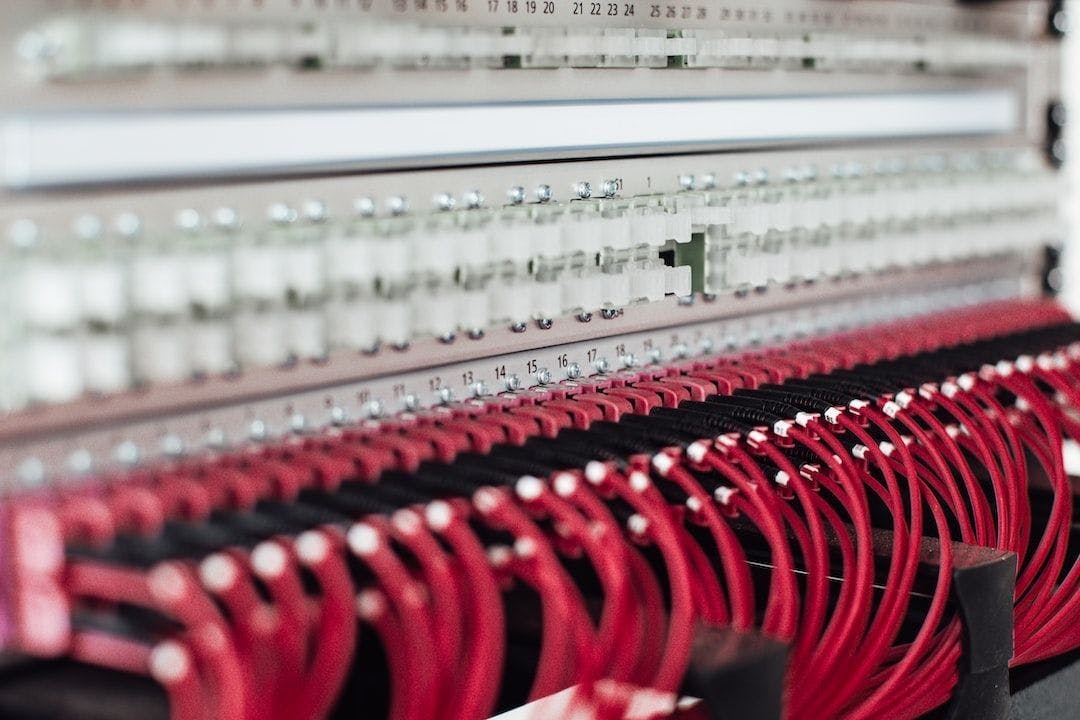552 reads
Data Breaches: Why You Should Never Share Your Passwords
by
November 28th, 2022
Audio Presented by

Freelance Content Writer with a keen interest in creating the best beginner friendly blockchain content.
About Author
Freelance Content Writer with a keen interest in creating the best beginner friendly blockchain content.
